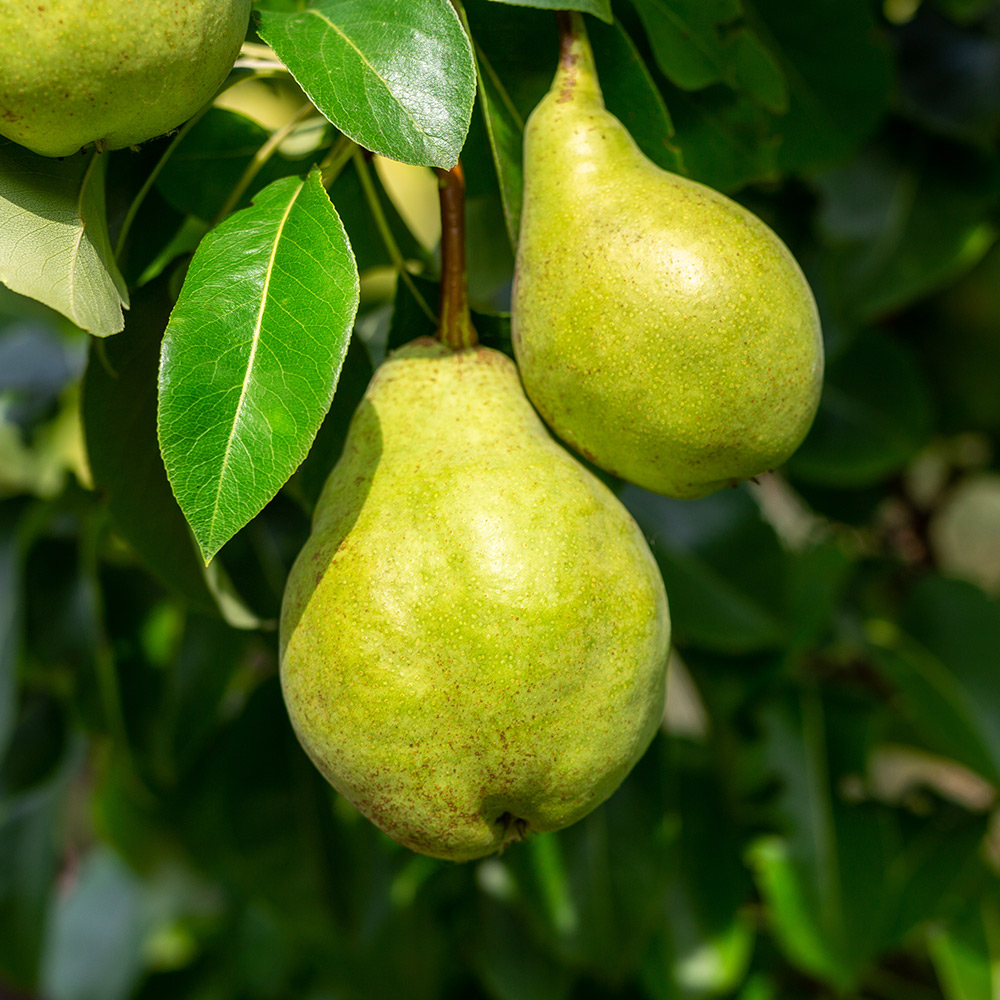Have you ever had a reaction after eating papaya? While many people enjoy this tropical fruit without trouble, some can be allergic to it. If you’re curious or concerned about papaya allergy, this detailed guide will help you understand more about it.
We’ll cover what a papaya allergy is, the signs to watch for, why it happens, how doctors figure out if you have it, and ways to treat it. Even if you love papaya, learning about this allergy is useful. So let’s dive in!
Table of Contents
- What is a Papaya Allergy?
- Understanding Allergies
- Signs of a Papaya Allergy
- 1. Skin Signs
- 2. Stomach Signs
- 3. Breathing Issues
- 4. Severe Allergic Reaction (Anaphylaxis)
- Why Some People Are Allergic to Papayas
- 1. The Role of Proteins
- 2. Cross-Reactivity with Other Allergens
- 3. Getting Sensitized
- 4. Other Things That Matter
- How to Tell if You’re Allergic to Papaya
- 1. Going Over Your Symptoms and a Check-Up
- 2. Testing for Allergies
- 3. Oral Food Challenge
- Treatment and Management of Papaya Allergy
- 1. Avoidance of Papaya
- 2. Emergency Medications
- 3. Allergen Immunotherapy
- 4. Medications for Symptom Relief
- Conclusion
What is a Papaya Allergy?
A papaya allergy is when your body sees the proteins in papaya as a threat. This can happen with the actual fruit or other parts of the papaya plant.
For those with this allergy, their body fights back when it touches papaya protein. This fight can lead to many different symptoms.
Understanding Allergies
Allergies are when the immune system attacks safe things like food, pollen, or pet fluff. The body makes antibodies to fight what it thinks is harmful. This fight releases substances that cause allergy symptoms.
Signs of a Papaya Allergy
The signs of a papaya allergy can vary. Here are some common signs that you might notice:
1. Skin Signs
Many people with a papaya allergy will have skin issues. Look out for:
- Itchy skin
- Hives, which are red, itchy bumps
- Eczema, where your skin gets inflamed and dry
- Swelling, often on your lips, face, or throat
2. Stomach Signs
Papaya can also cause problems in your digestive system:
- Feeling sick to your stomach
- Throwing up
- Having a tummy ache
- Diarrhea
3. Breathing Issues
Some people have trouble with breathing when they’re allergic to papaya:
- Sneezing
- A nose that’s runny or stuffy
- Coughing
- Wheezing
- Feeling short of breath
4. Severe Allergic Reaction (Anaphylaxis)
In rare cases, a papaya allergy can be very serious. This is called anaphylaxis and needs quick medical help. The signs of this include:
- Having a hard time breathing
- A very fast heartbeat
- Your blood pressure suddenly drops
- Your throat swells up
- Fainting
Why Some People Are Allergic to Papayas
To know how to deal with a papaya allergy, it’s good to know why it happens and who’s more likely to get it.
Here’s what can make some people allergic to papaya:
1. The Role of Proteins
Papayas have proteins like chymopapain and papain that can make people allergic. If someone’s body sees these proteins as dangerous, they might get an allergic reaction.
2. Cross-Reactivity with Other Allergens
Proteins in different things can be similar. So, if you’re allergic to one, you might react to another. For instance, someone with a latex allergy might also react to papaya because they have similar proteins.
3. Getting Sensitized
Sensitization is when your body starts to notice and react to an allergen like papaya protein. It can take time and multiple times eating papaya for the body to become allergic.
4. Other Things That Matter
There are a few other things that can make you more likely to be allergic to papaya:
- A family history of allergies or asthma
- Your own history of allergies or asthma
- A weak immune system
- Being around a lot of papaya or its allergens
How to Tell if You’re Allergic to Papaya
Finding out if you’re allergic to papaya is a really important step in taking care of your health.
If you think you might be allergic to papaya, talking to a healthcare provider is key. They might suggest tests like:
1. Going Over Your Symptoms and a Check-Up
Your doctor will ask about your symptoms and look at your health history. They’ll also check for signs of an allergy.
2. Testing for Allergies
If you think you’re allergic to papaya, tests can find out what’s causing it. There are two main tests:
- Skin prick test: This test uses a small needle to put a bit of papaya on your skin, then checks for any skin changes.
- Blood test: A blood test can check how much IgE antibodies you have against papaya in your blood.
3. Oral Food Challenge
Sometimes a doctor might ask you to eat a little papaya while they watch to see if you react. This is done safely in a place where they can take care of you if you have a severe reaction.
Treatment and Management of Papaya Allergy
Even though we can’t cure papaya allergies yet, there are ways to feel better and avoid serious reactions.
Here are important steps to take:
1. Avoidance of Papaya
Not eating papaya or anything made with papaya is the best way to prevent an allergic reaction. Always check food labels, ask about ingredients when you eat out, and learn about other places papaya might be used.
2. Emergency Medications
People who could have a serious allergic reaction should always have emergency medicine like EpiPens with them. These medicines can be used right away if you have an anaphylactic reaction, and they give you time to get help from a doctor.
3. Allergen Immunotherapy
Allergy shots might be another option for some people. They slowly get your body used to a little bit of papaya at a time, which can help it not react as much to the fruit.
4. Medications for Symptom Relief
Medicines that you can buy without a prescription, like antihistamines and corticosteroids, can help with mild allergy symptoms like itching and a stuffed nose. Make sure to talk to a doctor before taking any new medicine.
Conclusion
Having a papaya allergy can be tough, but with the right knowledge and care, you can still have a good life. Make sure to pay attention to how you feel, know why allergies happen, get the right diagnosis, and use the best ways to treat your allergy.
If you ever think you might be allergic to papaya, it’s best to go see a healthcare professional or an allergist. They can give you advice that’s just for you.









